Based on a deep understanding of the Indian development sector, we have distilled five priority areas, and created solutions that go beyond short-term charity. These areas of focus encompass the most pressing social problems of our communities and the solutions are designed to address their root causes.
Ensuring access to quality education and promoting lifelong learning opportunities for all.
With 315 million students in different states and languages, the landscape of education in India is massive and complex. The solutions lie in interventions across various stages in the life cycle of a student, systematically finding and fixing gaps through an evidence-based methodology. Our education interventions focus on solutions that act as catalysts in the community, such as early childhood education, reading, remedial learning, STEM, sports education, infrastructure development, vocational training, career guidance, public-private partnerships, teacher training, etc.
Building healthier communities through improved infrastructure, health education and access to health services.
Lack of awareness and access to affordable, timely and quality healthcare are life-threatening barriers for our urban and rural poor. While the government must invest in creating the health infrastructure needed to meet the needs of a burgeoning population, the development sector can focus on the prevention of disease, health education and improving access to quality healthcare. When empowered with knowledge of conditions, prevention methods, symptoms, and remedies, families can promptly safeguard themselves and seek professional help. Therefore, our health programmes focus on equipping communities with the tools they need to prevent illness, leverage government infrastructure, and create community ownership.
Helping community members secure livelihoods and earn financial stability.
To break the cycle of poverty, we must provide people with robust livelihood opportunities to enable households to earn more and lead healthier lives. The task of workforce development in India faces the changing realities of globalisation, competitiveness and the need for inclusive growth. The low literacy rate and lack of skills training of a majority of the Indian populace pose a significant hurdle in ensuring that they gain productive and meaningful employment. The COVID-19 pandemic also played a massive role in destroying livelihoods. To mitigate livelihood-related issues, our projects on income aim to help communities achieve financial stability and gain the skills and resources they need to be economically independent and contribute to the workforce. We do this through our interventions in skills development, income generation, soft skill training, financial literacy, formation of Self Help Groups, etc.
Creating infrastructure & behaviour change for safer communities & reducing vulnerability to natural disasters.
United Way Mumbai's public safety interventions focus on road safety and disaster response. The road safety programmes include initiatives that aim to educate the youth in two wheeler rider safety, training to be first responders and spreading awareness regarding best road safety practices. We also provide comprehensive rehabilitation to disaster affected communities across the country. While rebuilding communities, we always believe in building better, ensuring that the infrastructure and facilities being restored are better than before the disaster.
Conserving natural resources and promoting environmental consciousness and action.
According to the biennial Environment Performance Index (EPI) 2020 jointly released by Yale University and Columbia University, India ranked 168th out of 180 countries. The Index emphasized the need for India to amplify its sustainability efforts on all fronts and focus on critical issues such as air and water quality, biodiversity and climate change. India stands near the bottom of the rankings due to its inability to improve air quality, protect biodiversity, and cut greenhouse gas emissions. United Way Mumbai facilitates interventions to build environmental consciousness for a more sustainable future to rectify the damage that our choices have created.
